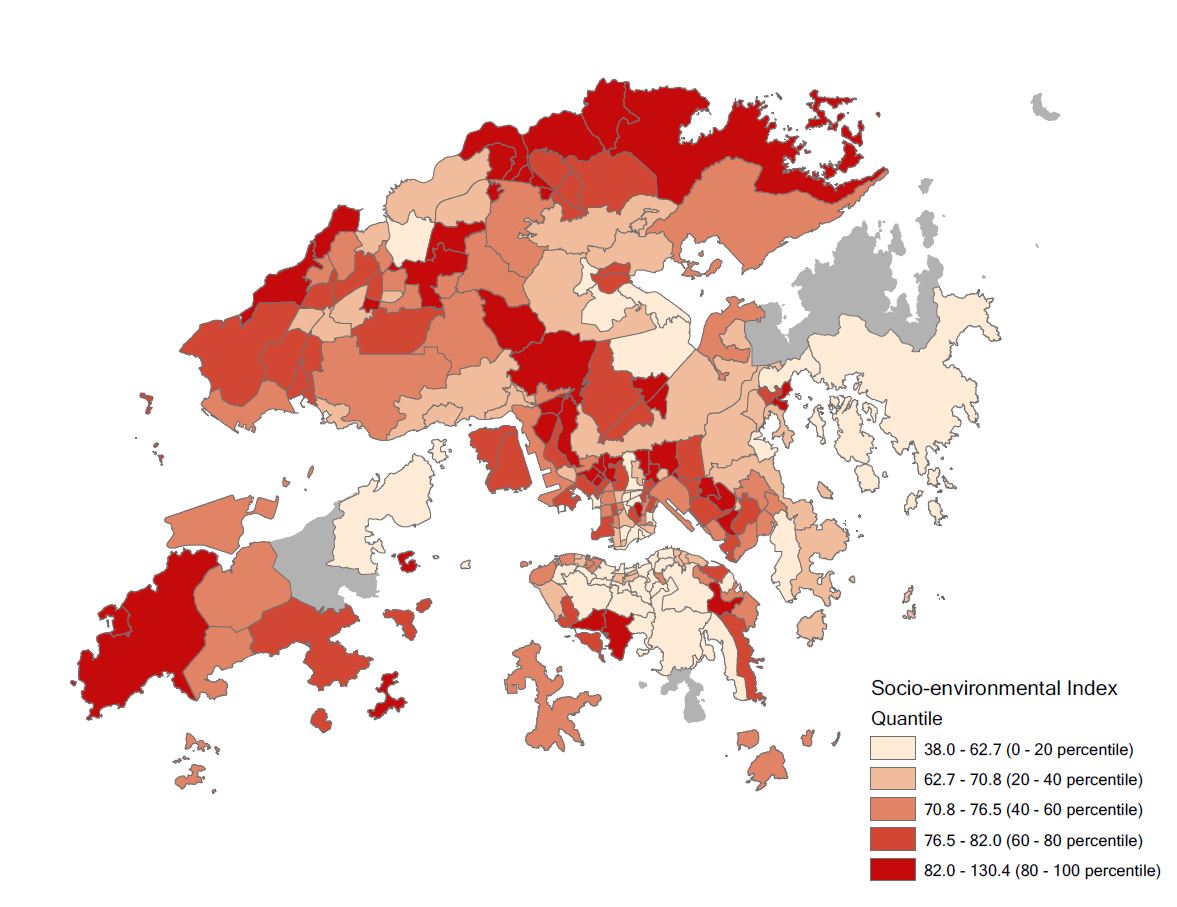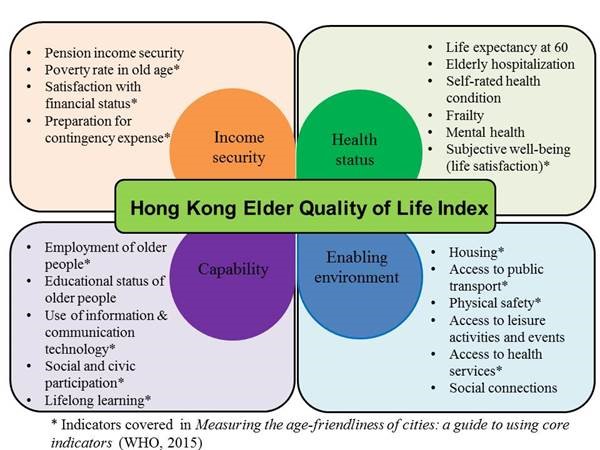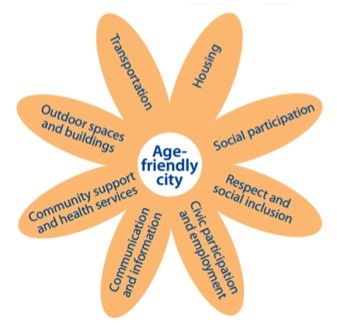The CUHK Jockey Club Institute of Ageing is engaged in ongoing global and local cross-boundary partnerships with universities, institutes and organizations from Australia, Japan, Mainland China, South Korea, Malaysia, Taiwan, UK and US.
The Institute, in collaboration with The Hong Kong Jockey Club, universities, hospitals, District Councils, NGOs and the community, has been implementing a wide range of projects which contribute to the Sustainable Development Goals (SDGs), in particular on Good Health and Well-Being (SDG 3) and Sustainable Cities and Communities (SDG 11). Some initiatives are highlighted below:
AgeWatch Index
The Institute assesses the well-being of Hong Kong older people among over 90 countries through the Global AgeWatch Index developed by HelpAge International. In 2018, the Global AgeWatch Index is being redesigned to become the Global AgeWatch Insights to explore and analyse themes linked to key policy goals from Agenda 2030 for Sustainable Development. The focus of Global AgeWatch Insights 2018 is on health and care, and universal health coverage. The Institute has also developed the Hong Kong Elder Quality of Life Index to take into account local characteristics in assessing and analysing the quality of life of Hong Kong elders in the domains of income security, health, capability and enabling environment.
Age-friendly City Project
The Institute assesses and supports districts in Hong Kong to enhance their age-friendliness based on the eight domains of age-friendly city (outdoor spaces and buildings, transport, housing, social participation, respect and social inclusion, communication and information, community support and healthcare service, civic participation and employment) identified by the World Health Organization (WHO). In addition, the Institute partners with NGOs to implement programmes to improve the age-friendliness of residents in the districts including their health and housing environment.
Healthy Ageing
The Institute pioneers an innovative primary healthcare model using step care approach to target unmet needs of older people who may have various problems such as oral health, hearing and vision, physical and cognitive frailty and psychological health. Interventions are recommended to manage declines in the intrinsic capacity of older people drawing from insights in the WHO “Integrated Care for Older People” (ICOPE) guidelines. The initiative helps elders achieve healthy ageing through maintaining their functional ability that enables well-being.
The Institute also undertakes cross-disciplinary researches related to health and well-being of elders. Examples are as follows:
- Relationship between Ageing-well and Environmental Factors: the cross-disciplinary research examines the effect of different environmental factors such as green space, building height and district variation to health outcomes including frailty, cognitive decepression and mortality.

- Development of a new Telomere length measurement protocol and application to the HK community elderly cohort.
- Establishment of Active Aging Index (AAI) in Hong Kong: the research adapts the European AAI (developed across 28 European countries to benchmark the diverse experience of active ageing and quantify older people’s potential) in the Hong Kong context and incorporate additional elements essential for the lived experience of older Chinese people.
- Disaster Risk Reduction (DRR) and its Economic Evaluation - A Hong Kong Taiwan Comparative Study: the inter-institutional and cross-disciplinary collaboration project examines effective DRR measures between Hong Kong and Taiwan, compares the DRR frameworks and identifies gaps that lead to effective and ineffective DRR implementation in terms of risk assessment, dialogue, and action.
- Understanding loneliness among older people and developing interventions.





